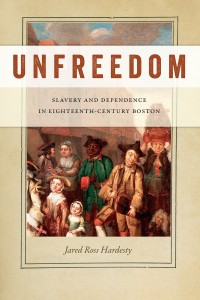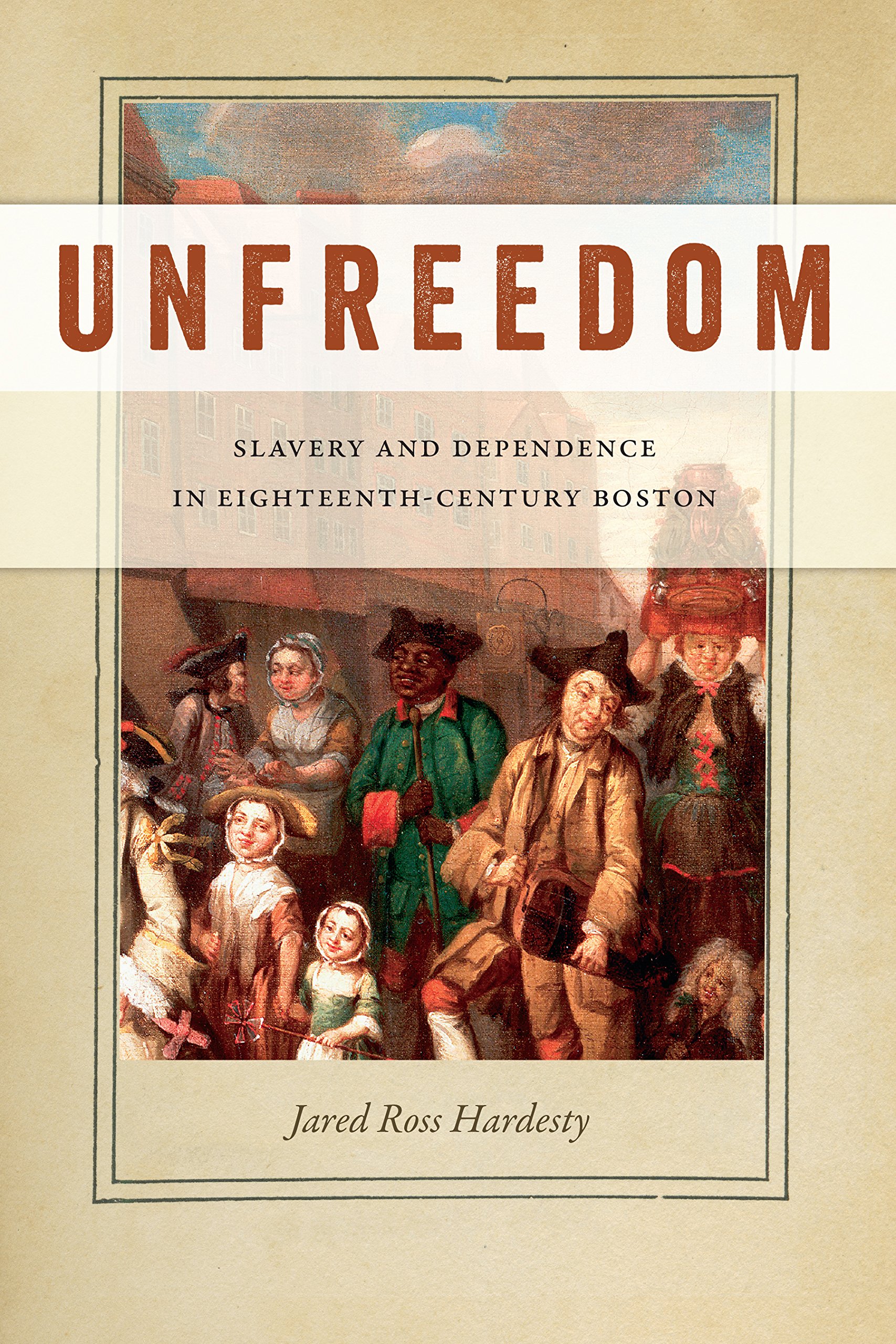
In a previous post, I mentioned that I have begun giving tours of the Old North Church in Boston a couple of times a month. Giving these tours is an excellent opportunity for me to discuss history and religion as well as clear up some long-held myths about what happened on the night of April 18, 1775 (think “The British are Coming”).
The configuration of the pews is always one of the first things visitors comment on. They are called box pews, because well, they are boxes, and were common in the 17th and 18th century in New England as well as Old England. Visitors are often taken back when we mention that Old North was a closed congregation meaning you had to own a pew to worship at the Church. Again this was common in the 17th and 18th centuries in Boston as well as other places. But the one issue that usually raises eyebrows is when I point to the seats in the gallery above and mention that this is the place where the servants and slaves would have sat during worship. Salves? In Boston? Why yes.
One of the best history podcasts on the internet right now is Ben Franklin’s World hosted by Liz Covart. Liz is an (she taught me to say an rather than a) historian that specializes in the colonial era in and around Boston. Her podcast brings guest historians on to talk about their work and bring their studies to a wider contemporary audience. The podcast is not academic and is very approachable for the average person, and I highly recommend it.
In Episode 83 Liz interviews Jared Hardesty, an Assistant Professor of History at Western Washington University and author of Unfreedom: Slavery and Dependence in Eighteenth-Century Boston. In the episode, Dr. Hardesty speaks about slavery in Boston and how it differed from what we think of as slavery in the South. He starts by saying that during the Colonial period about 15% of the population of Boston were slaves. Mostly there were house slaves and lived in the house with their masters. By and large, they were treated much better than their southern counterparts and many of them were taught to read and write. With all of this in mind, he does remind us that they were, in fact, slaves and were the property of their owners.
I will not say anything more about the episode other than to say it is well worth the time to listen, as are all of the episodes of Ben Franklin’s World.

